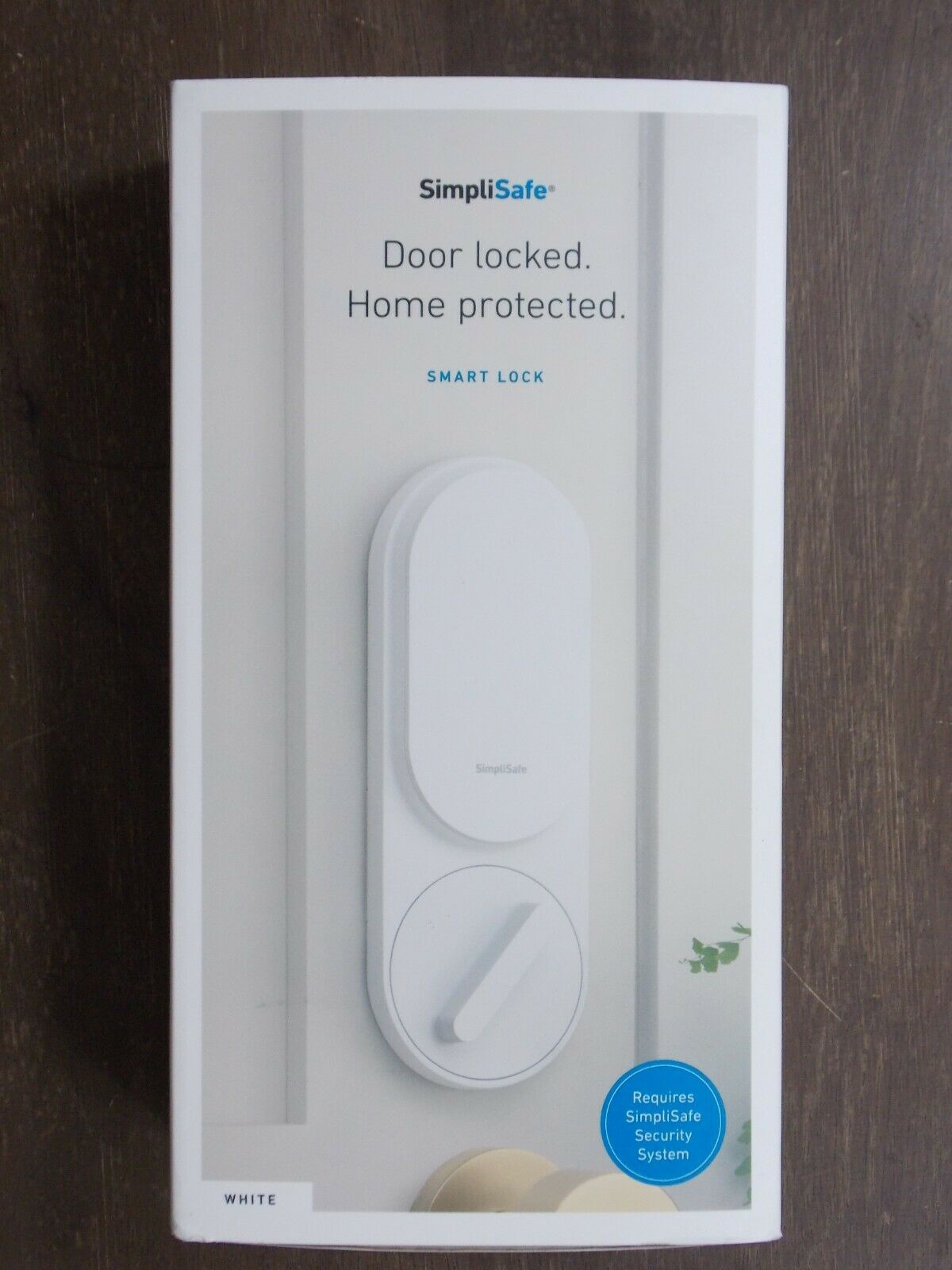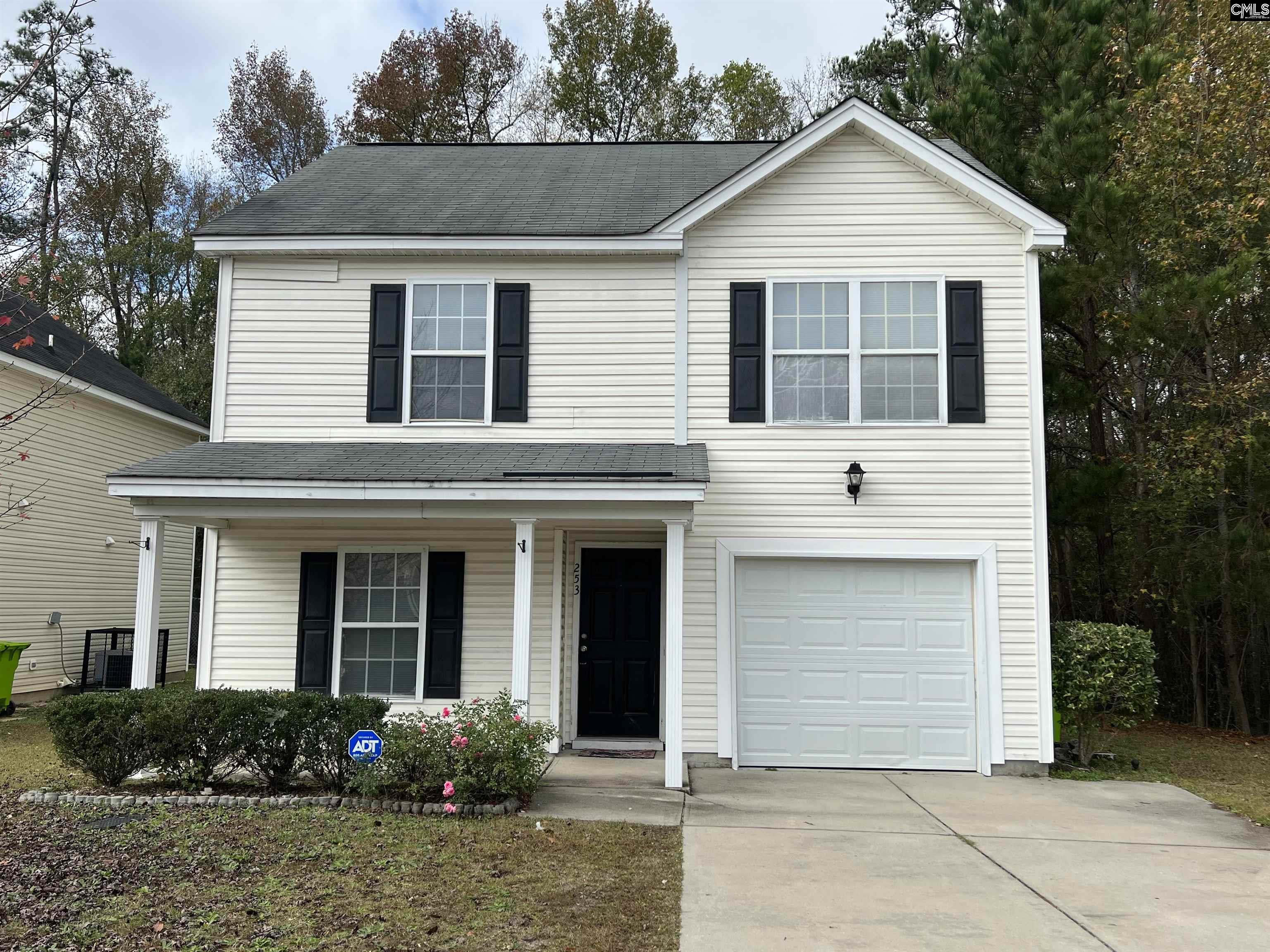
While Vivint reviews indicate that this home security firm is a great choice for automation and technology, it falls short when dealing with customer service. It has had many rebrandings and has had difficulty shedding a bad image. The company is currently rated B+ by the Better Business Bureau. However, it has been downgraded to a C- on multiple occasions.
Safewise gives Vivint 4.6 stars
Vivint has 4.6 stars on SafeWise, a consumer safety organization that tests and rates home security products. It was highly praised for its flexibility and customer support, as well as its technology. It is a great option for homeowners who want a home security system but do not want to deal with complicated wire installations.
Vivint has both an iOS and Android app. A mobile app is available for Apple Watch and iOS users. Download the Vivint application and log in to the app with your Apple ID, Google Play ID, or Google Play ID.
It provides a Starter Kit
Vivint has a Starter Pack that's a great way of getting started with smart-home technology. The starter kit includes all the necessary components for basic security, as well as a smart smoke detector to shut down your HVAC system in the event of a fire. You can add more smart devices later to your starter set.

The Starter kit includes a Vivint Smart Hub touchscreen, two door sensors, one motion and water sensors. You also get a $100 credit for additional sensors. It all depends on your budget and needs. Vivint also offers professional installation at a flat rate of $99.
It also offers smart locks
A smart lock can help you protect your home. Many smart locks can be integrated with smart devices like Google Home, Amazon Echo, or the Vivint security systems. This allows you to arm and disarm the security system by simply touching it. These locks can be used to arm and disarm your lights and adjust the thermostat. They also turn off your lights when you go away. All of these devices can be controlled from one place using a compatible smartphone app.
One of the most common home security devices is a smartlock. Vivint's Smart Lock works with its smart home ecosystem so that you can control your lighting and blinds at home without leaving the house. Using the Vivint home automation system with your smart lock will improve security and give you more control over your home security. However, not all smart locks are compatible with Vivint, so be sure to do your research.
It sounds a siren
Vivint offers two ways to interact with it: via a control panel at the front door or through a mobile application. Some people prefer to have a control panel right next to the front door. Others prefer the app. You can rest assured, regardless of which method you use to receive emergency information, that you will always get it.
Vivint has monitoring that is always on and home security specialists who are trained to respond in an emergency. If you are unable to reach them, they will send first responders to your property. A siren signals the local emergency services, and they will contact the authorities in your place.

It offers voice control
Vivint offers a free trial of its voice-activated home security system. The free trial will allow you to decide if it is worth the investment. Many customers have voiced their disapproval at the company’s sales reps, customer support and technology. 71% percent of customer reviews were negative. Customers have complained about pushy sales tactics, misleading sales pitches, and long tech support queues. Some customers also complained of billing errors and inability to update addresses.
Vivint offers both a mobile app and a web-based console that allows you to control the system. It supports Google Assistant and Amazon Alexa voice commands. It also works with Philips Hue and Nest thermostats. The app includes a button to arm or disarm the system and an icon-based taskbar that allows users to quickly access its security features.
FAQ
How do you choose between different home security systems types?
Consider the threats in your neighborhood. A burglary alarm might be necessary if you live in a high-crime area. In rural areas where there are fewer burglaries, you might not need as much security.
You also need to consider whether or not you're willing pay more for these extra features. Some systems include cameras built in, while others do not. Some allow you to monitor your house remotely, while others require you to be physically present in order to view the footage.
What is the top home security system in your area?
Ring Video Doorbell Pro is our number one home alarm system. You can use your smartphone to talk to and see any person at any time, from anywhere. You can also capture video and send it to family and friends by text message or email.
Do I really require a home security system?
You should have a home security system if you own a property. A burglar could break into your houseat any time without warning. They'll take anything they want, including expensive electronics and jewelry. They could even walk off with all your possessions if you don't lock your doors.
Home security systems can help protect your home by notifying you when something happens. This includes motion detection, sending alerts via your mobile device, recording activity and allowing you access to the footage.
A DIY camera is a great alternative to a full-blown home security system. These cameras let you see who is at your door and give you notification when they come or go. But they won't help you stop intruders from breaking into your home.
What is the easiest home security system to install
The best home security systems are those that do not require any installation at all. These systems are known as "plug and play", and they work like magic. You simply need to plug them in to the power outlet and then connect them via a wireless router to the internet. Once you have connected everything, it will be possible to access it from anywhere on the planet.
Which home security systems has the greatest number of features?
Ring Video Doorbell Pro is the best home security system that we reviewed. It allows you to see who is at the door, chat with them, and even record videos. It comes with a cloud storage service that allows you to save all recordings.
Statistics
- Most home security companies will charge you around 75% of the remaining term of your contract if you cancel early—and some require 100%.Related questionsWhat type of contract length can I expect from security providers?Home security system cancellation (safewise.com)
- Related questionsHome security systems that are 100% DIY (safewise.com)
- (In my experience, the discount on my home insurance covered about 25 percent of the subscription of an average plan, but your mileage may vary depending on your location and the size of your home.) (theverge.com)
- Cove sets you free without punishing penalties and fees, unlike other security solutions that charge 75% to 100% of your remaining contract. (safewise.com)
External Links
How To
How to Install an Home Security System
A home security alarm is a device that monitors the property and alerts you in case of any suspicious activity. It could consist of a motion sensor and doorbell camera as well as smoke detector, smoke detectors fire alarm, flood alerts, carbon monoxide detectors and burglar alarms. A home security system usually consists of one or more sensors (e.g., motion detectors), which send signals when they detect movement or sound. The signals are then sent over to a control box where they are monitored and recorded. If there's something wrong, like someone breaking into your house, the control panel sends out an alert to your phone, tablet, computer, or voice assistant. You'll know what's going on and can take action immediately.
The first step to installing a home security system is choosing the right type of sensors for your home. There are two main types, passive and active. Passive sensors do not require batteries. They simply pick up sounds and vibrations around them. They include doorbells, sirens and buzzers. Active sensors transmit data using electricity. Some examples of this kind of sensor are cameras and motion sensors.
There are many types of sensors on the market today. Each brand comes with its own pros and cons. For instance, some sensors can be weatherproof while others don't. Some come with built-in speakers so you can hear them even if they're outside. Others only work inside. Others are more complex, while some offer more advanced features like night vision.
After selecting the right sensors for your property and deciding on a manufacturer, you will want to make a selection. This will ensure that your sensors are compatible. Your local hardware store should have plenty of options to choose from.
Once you have selected a brand of sensor, you need to decide the number you wish to buy. Depending on whether you live alone or with your family, most people will start with just one or two sensors. You may want to consider purchasing more sensors in the future if possible.
Next, determine where you want your sensors to be placed. Are they near windows or doors? Or would you rather have them hidden? Make sure you get permission before placing them around your property. It is important to ensure they do not interfere with electrical outlets.
Now that you know where you want to put your sensors, you'll need a way to connect them to your control panel. A power adapter or battery package may be required depending on your setup. Once everything is setup, you will be able to monitor your property.